ELAR 4.11
Composition: listening, speaking, reading, writing, and thinking using multiple texts--writing process. The student uses the writing process recursively to compose multiple texts that are legible and uses appropriate conventions. The student is expected to:
- (1) plan a first draft by selecting a genre for a
particular topic, purpose, and audience using a range of strategies such as
brainstorming, freewriting, and mapping;
- (A) develop drafts into a focused, structured, and coherent piece of writing by:
- (B) organizing with purposeful structure, including an
introduction, transitions, and a conclusion; and
- (i) developing an engaging idea with relevant details;
- (ii) revise drafts to improve sentence structure and word choice by adding, deleting, combining, and rearranging ideas for coherence and clarity;
- (C) edit drafts using standard English conventions, including:
- (D) complete simple and compound sentences with subject-verb
agreement and avoidance of splices, run-ons, and fragments;
- (i) past tense of irregular verbs;
- (ii) singular, plural, common, and proper nouns;
- (iii) adjectives, including their comparative and superlative forms;
- (iv) capitalization of historical periods, events, and documents; titles of books; stories and essays; and languages, races, and nationalities;
- (v) adverbs that convey frequency and adverbs that convey degree;
- (vi) prepositions and prepositional phrases;
- (vii) pronouns, including reflexive;
- (viii) coordinating conjunctions to form compound subjects, predicates, and sentences;
- (ix) punctuation marks, including apostrophes in possessives, commas in compound sentences, and quotation marks in dialogue; and
- (x) correct spelling of words with grade-appropriate orthographic patterns and rules and high-frequency words; and
- (xi) publish written work for appropriate audiences.
- Plus Plan
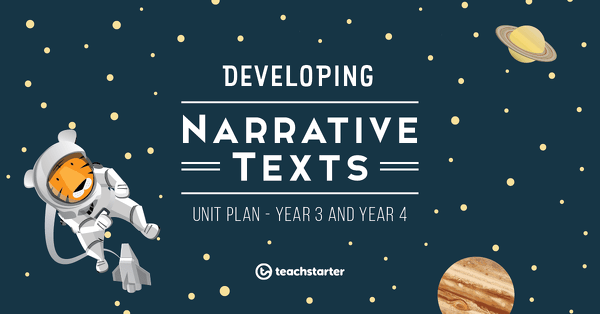
Quotation Marks in Narrative Writing
A 60 minute lesson in which students will explore the correct use of quotation marks in narrative writing.
- Plus Plan
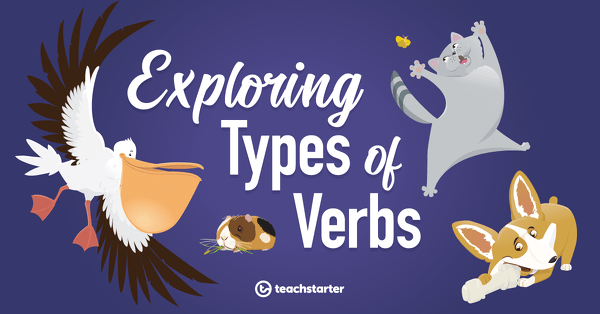
Types of Verbs Assessment
A comprehensive assessment to be given at the end of the unit to assess students' understanding of various types of verbs.
- Plus Plan
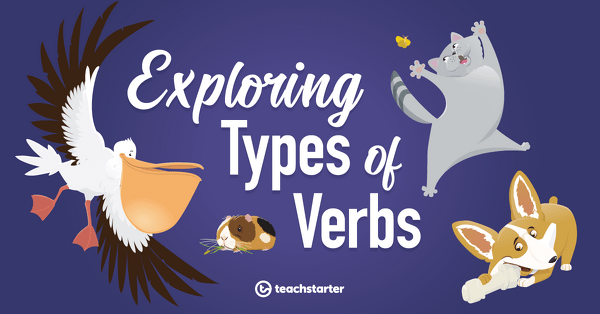
Subject-Verb Agreement
A 60 minute lesson in which students identify and practice subject-verb agreement.
- Plus Plan
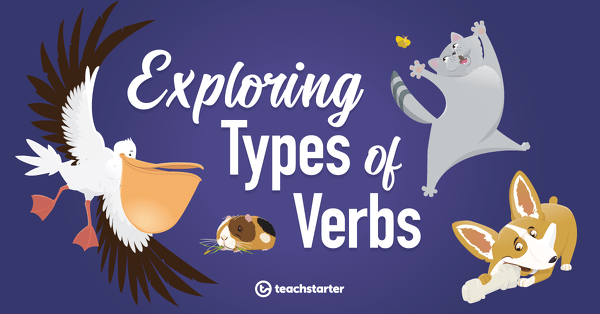
Verb Tenses and Irregular Verbs
- Plus Plan
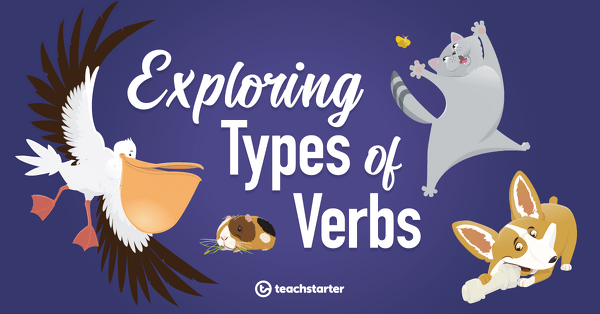
Past, Present, and Future Tense Verbs
A 60 minute lesson in which the students will learn about past, present, and future simple tense verbs.
- Plus Plan
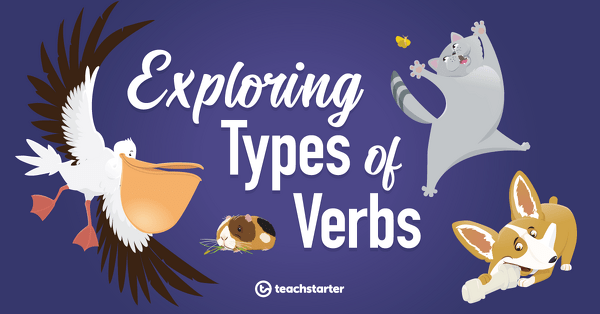
Action, Helping, and Linking Verbs
A 60 minute lesson in which students will identify action, helping, and linking verbs.
- Plus Plan
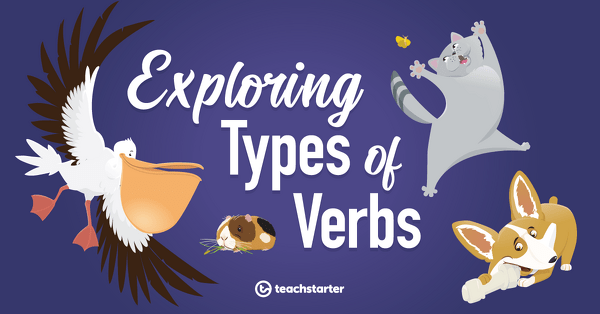
Irregular Verbs - The Oddballs
A 60 minute lesson in which students will identify and practice using irregular verbs.
- Plus Plan
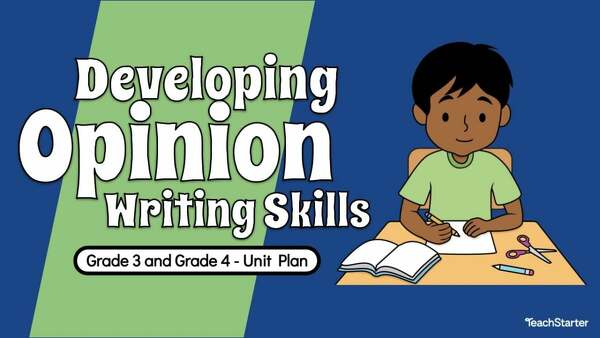
Using a Stimulus - Independent Writing
A 60 minute lesson in which students will independently write an opinion piece, using appropriate text structure, language and features.
- Plus Plan
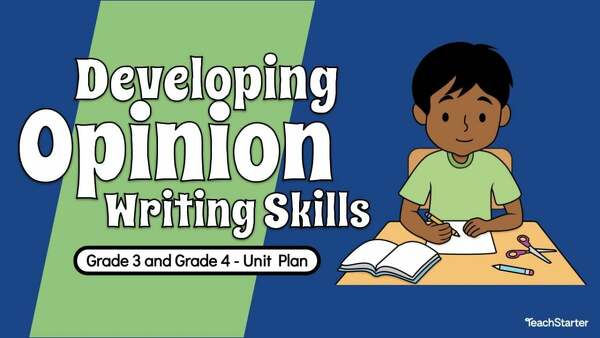
Applying Proofreading and Editing Skills
A 60 minute lesson in which students will learn and apply proofreading and editing skills.
- Plus Plan
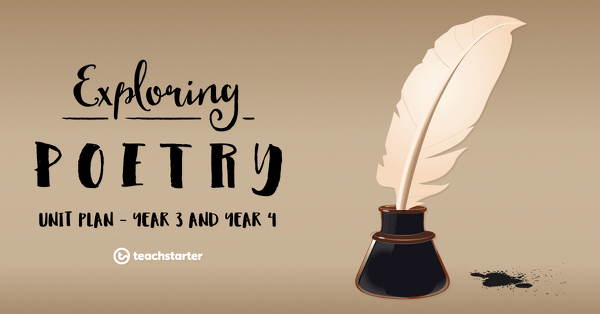
Planning and Writing a Narrative Poem
A 60 minute lesson in which students will plan and write a narrative poem which includes a setting, characters and a storyline.
- Plus Plan
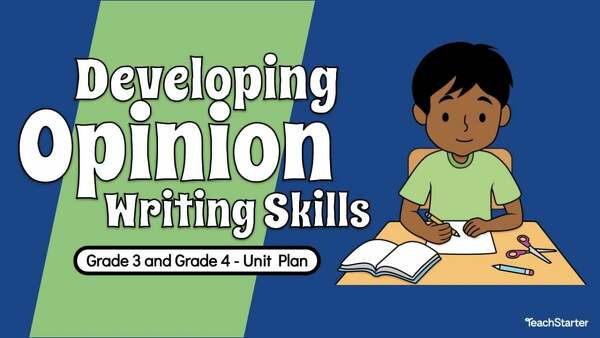
Building an Opinion Using Rhetorical Devices
A 60 minute lesson in which students will use persuasive devices to build a convincing opinion about an issue.
- Plus Plan
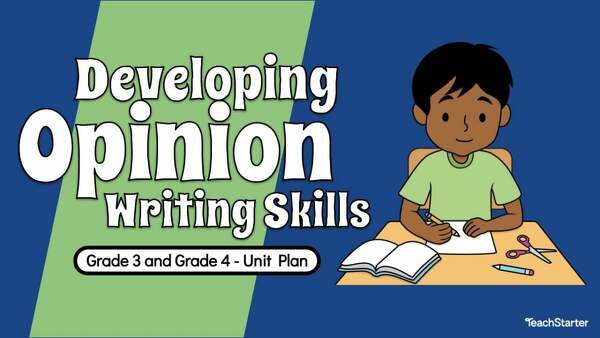
Introducing Persuasive Devices
A 60 minute lesson in which students will explore how persuasive devices can be used to strengthen a point of view.
- Plus Plan
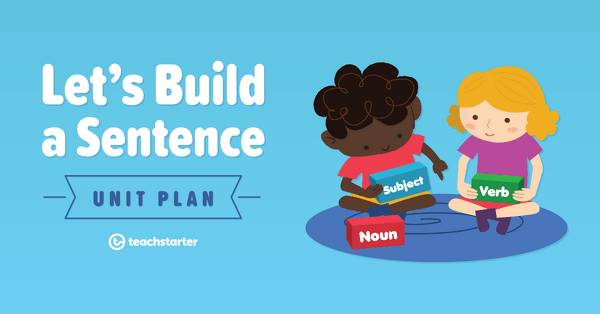
Let's Build a Sentence
A 60 minute lesson in which students will write simple and compound sentences.